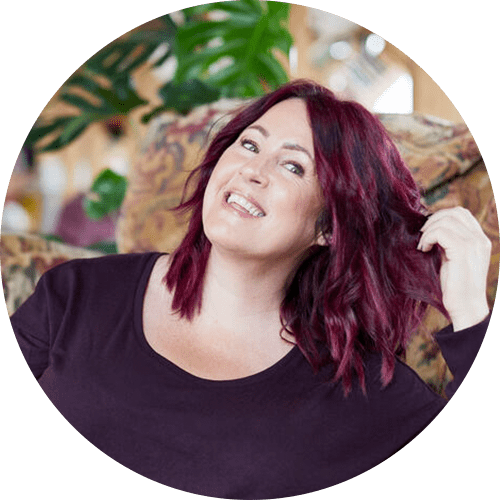“Really?” I hear you cry, something so soft, so unmeasurable and so nebulous can stop something so insidious and harmful?
Oh yeah.
Imagine being part of a relationship in which both parties don’t know exactly how or what they are feeling, or how to articulate or express the feeling, or how to get their needs met that relate to the feelings they are not actually acknowledging.
Imagine these people colliding with each other, relating in the best way they can and that best way being uninformed emotionally.
Imagine also knowing that each and every one of us has at least one emotion we are totally uncomfortable feeling, acknowledging or expressing and that we will do ANYTHING to avoid it, including, and most commonly, covering it with another which we over blow as a defence.
Imagine, if you will, being able to do this better, in a way that honours and respects yourself as well as your partner, in a way that gets your needs well met, allows fluid and fluent communication and, in this, in ways which prevent or replace domestic abuse scenarios.
Read on:
We have four main, primary emotions: sadness, fear, anger and joy.
(Which one are YOU most uncomfortable with, which one are you most comfortable with?)
**N.B. You may not even have a sense of this, I didn’t used to and I had to do some pretty deep diving work on myself to get to the point where I did.
These primary emotions can mix, just as primary colours can, forming others such as excitement (fear and joy), frustration (anger and sadness), nostalgia (sadness and joy) and so our emotional range can be pretty broad, or we can repeat into the same old ones over and over.
We have choices around this which increase with our awareness.
Also, when our emotions are left unresolved, with the needs they flag up unmet, they can keep showing up over and over.
So, if when you were a small child, you were scared and didn’t get the safety you needed, you will get scared a LOT in an attempt to meet the original need. And if you are uncomfortable, or even disallowed, from feeling fear, you’ll cover it up with an emotion which feels safer for you.
So, what are our emotions for?
Well, this is how I see it, emotions are like the discomfort of a full bladder, or an itch, or a rumbly tummy, or a dry throat.
They’re a physical indication that you need to go and do something to help yourself out.
Fear prompts you to get safe.
Anger prompts you to put right a wrong.
Joy prompts you to share your good feelings with others.
Sadness prompts you toward comfort.
And just like full bladders and a rumbly tummies have causes, so do emotions.
Fear is caused by the presence of a threat.
Anger is caused by a wrong doing.
Joy is caused by the presence of a pleasure.
Sadness is caused by loss.
If you are feeling an emotion and can’t find the above causes in the here and now, it is likely your emotion is old and as yet, un-resolved.
And, so what? How can knowing this help to prevent or resolve a domestic abuse scenario?
Well, knowing the cause of your emotional responses, and treating the presence of an emotion in a similar way as you would to a full bladder or an itch, taking action and getting the need met takes all the heat out of them.
Also, recognising that some of your emotions are old, from a time gone by and not caused in the here and now can also help to take the heat out of a situation in the here and now.
Here is what to do:
● Next time you feel fear, ask yourself what the threat is and how you can get safe.
● Next time you feel anger, ask yourself what went wrong and how you can fix it.
● Next time you feel joy, share it!
● Next time you feel sadness, ask yourself what you have lost and how you can get the comfort you need.
And if you feel a mix, separate it out into its component parts and get your needs met.
You deserve to get your needs met.
Now, I am aware I have made something very complex seem as if it is simple and easy, and it may just turn out to be for you, and it may not.
If you need help and support to decipher and untangle your feelings, counselling, psychotherapy and also reading can help.
And, as you may know, if you are deep in it and need help to get out, NCDV and other support organisations are here for you.



